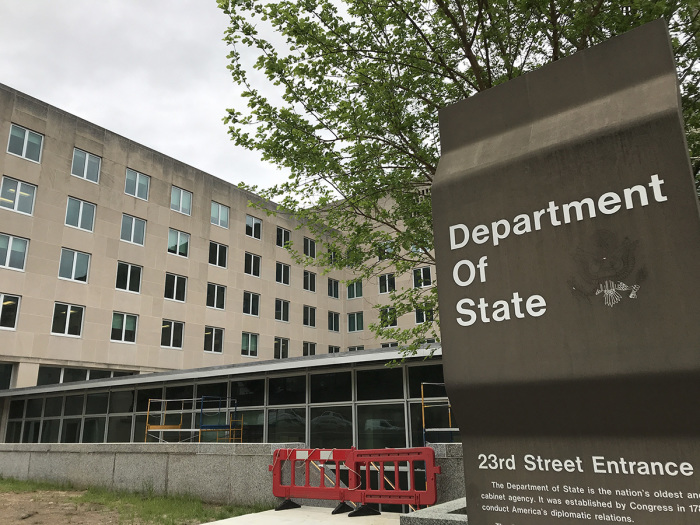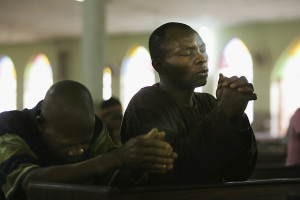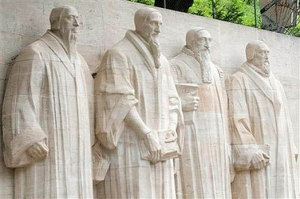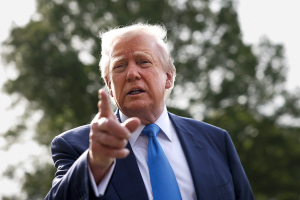Trump's week in review: California alters sports policy; public funding of gender surgeries probed

3. Visa restrictions for Chinese students, foreign nationals responsible for censorship
This week, the U.S. State Department took multiple actions to restrict access to visas for those it views as presenting national security threats to the United States and/or expressing hostility toward the cherished values of the U.S.
In a statement published Wednesday, Secretary of State Marco Rubio announced a "new visa restriction policy that will apply to foreign nationals who are responsible for censorship of protected expression in the United States."
"It is unacceptable for foreign officials to issue or threaten arrest warrants on U.S. citizens or U.S. residents for social media posts on American platforms while physically present on U.S. soil," Rubio added. "It is similarly unacceptable for foreign officials to demand that American tech platforms adopt global content moderation policies or engage in censorship activity that reaches beyond their authority and into the United States."
Rubio vowed that the administration won't "tolerate encroachments upon American sovereignty, especially when such encroachments undermine the exercise of our fundamental right to free speech."
In a separate statement published Wednesday, the U.S. State Department indicated its intention to "work with the Department of Homeland Security to aggressively revoke visas for Chinese students, including those with connections to the Chinese Communist Party or studying in critical fields."
The State Department highlighted the administration's plan to "revise visa criteria to enhance scrutiny of all future visa applications from the People's Republic of China and Hong Kong."
Ryan Foley is a reporter for The Christian Post. He can be reached at: ryan.foley@christianpost.com





























